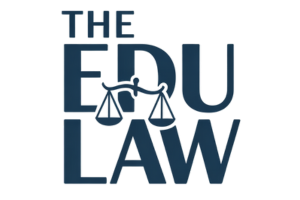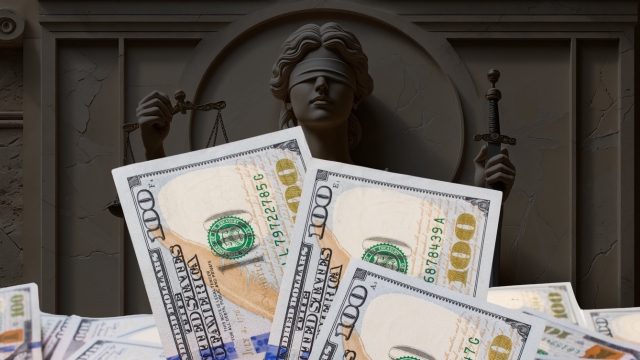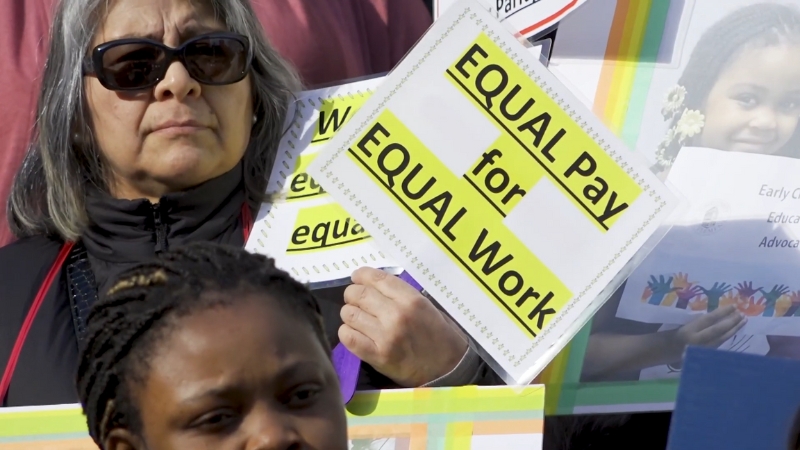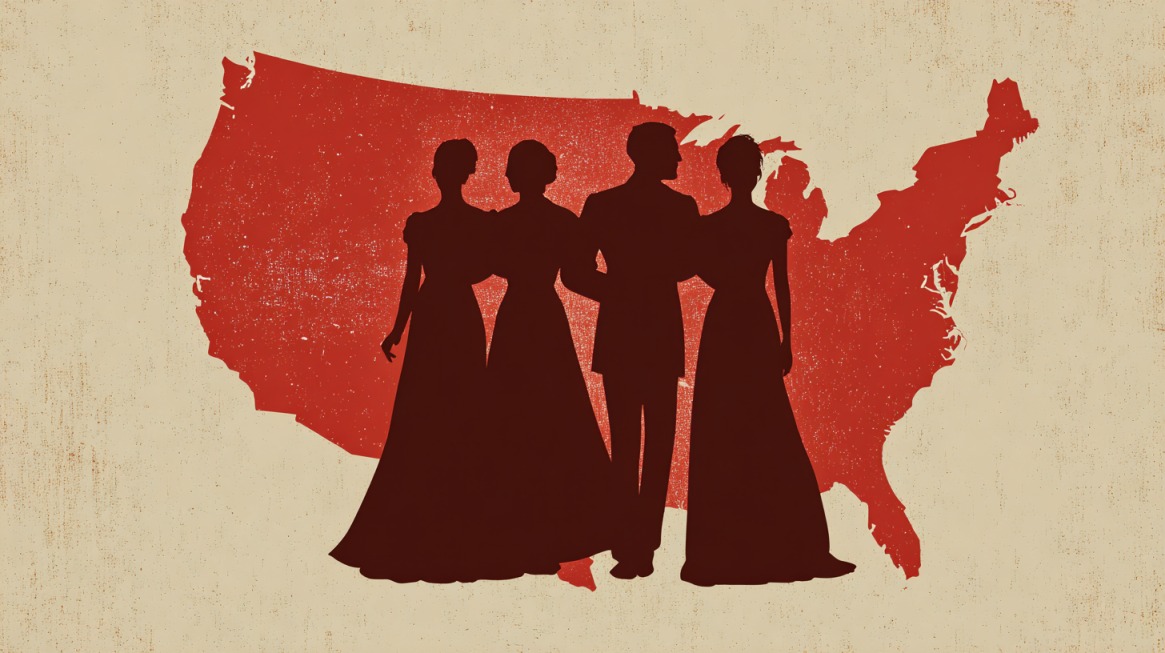What Age Can You Drop Out of School in Florida? Legal Requirements Explained
Compulsory education laws shape how long students are required to stay in school in the United States. Florida has specific rules that allow students to drop out of school earlier than in many other states. At age 16, students may legally withdraw if certain conditions are met. Without further ado, let us discuss it in […]










